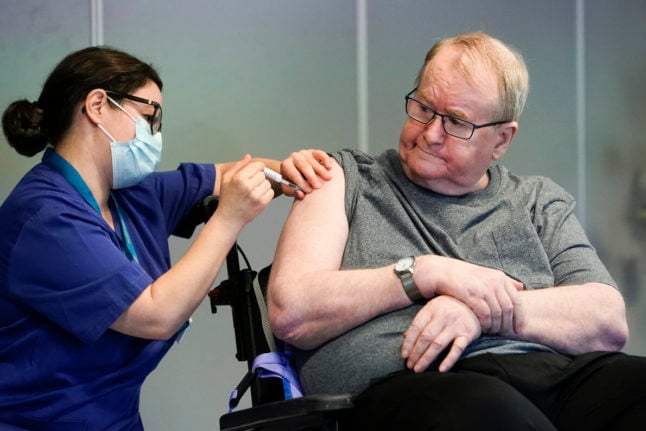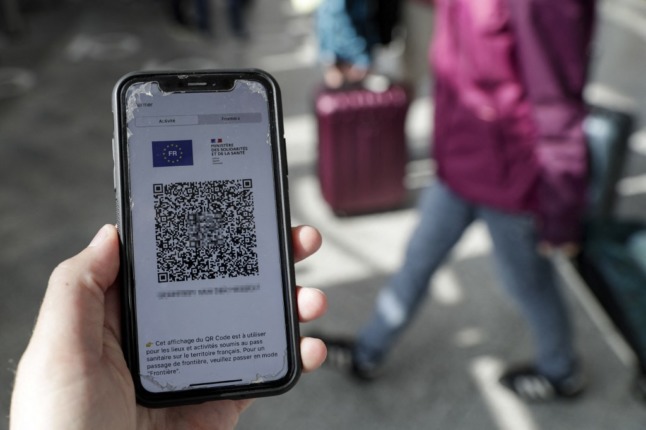The Norwegian Institute of Public Health (NIPH) announced that they will be doubling the amount of vaccines delivered to Norway’s municipalities.
The news comes after AstraZeneca’s announcement last week, and after manufacturers Pfizer and BioNTech also warned that they were having trouble meeting delivery commitments.
Norway’s Minister of Health Bent Høie on Tuesday warned that the supply shortages could push back Norway’s vaccination programme by as much as two-months.
But the production issues for the Comirnaty vaccine proved to be short-lived.
“The municipalities will get about twice the amount of vaccine doses in week five of the year as originally planned,” said Director of Infection Prevention and Control Geir Bukholm at the NIPH in a press release.
As a result, NIPH has decided to free up the number of doses available to municipalities, meaning that they can ramp up the rate of vaccinations.Norway will also receive more doses of the vaccine from Moderna, while EU regulators are announced their approval of the vaccine by AstraZeneca on Friday.
“That we can increase the pace of vaccinations means that we can faster protect the neediest people from disease and death,” Bukholm said.
Norway has previously been criticized for its slow vaccine rollout, which lags behind Nordic neighbours.
In Sweden, 216,000 people have received their first jab of the vaccination, according to the Public Health Agency Folkhälsmyndigheten. In Denmark, data from Statens Serum Institut shows that the number is close to 184,000.
Norway, meanwhile, is lagging behind. As of Wednesday, 80,358 people had received their first dose, according to the Norwegian Institute of Public Health (NIPH).
The slower rate of distribution is linked to the fact that Norway is a geographically large country with a small and thinly-spread population.
In order to ensure that everyone has easy access to vaccines, the country’s 356 municipalities have been given the responsibility to vaccinate their residents.
“Getting the vaccine distributed to the areas where people are and live is a good thing,” Chief Physician Are Stuwitz Berg at NIPH told newspaper VG last week.
“It would be a lot harder to get especially old and sick people to travel long distances in order to get the dose,” he said. “It’s something that we hope will ensure that we can get a large share of the population vaccinated.”
SEE ALSO: Norway restrictions to gradually ease



 Please whitelist us to continue reading.
Please whitelist us to continue reading.
Member comments